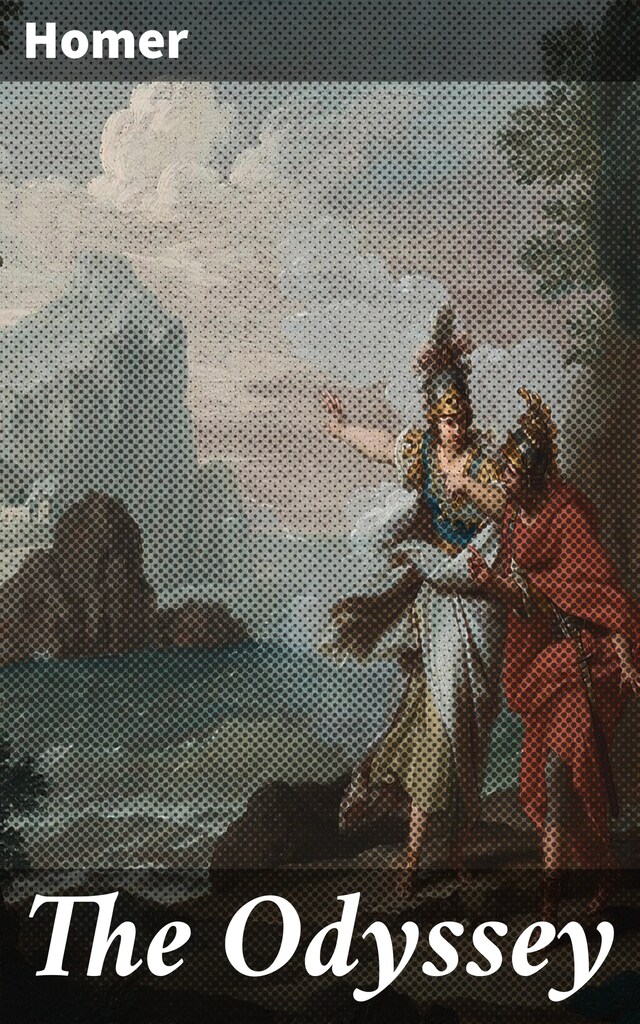
The Odyssey
An Epic Journey Through Myth and Legend
Description of book
Homer's 'The Odyssey' stands as a monumental epic of ancient Greek literature, encapsulating the arduous journey and trials of Odysseus as he strives to return to Ithaca after the Trojan War. In a rich tapestry of narrative woven with vivid imagery, intricate character development, and lyrical verses, the poem employs the hexameter style typical of epic poetry. Thematically, it explores universal concepts of heroism, loyalty, and the struggle against fate, while interspersing elements of the divine and human experience, marking its place within the context of Greek mythology and culture, particularly the aftermath of war and the quest for identity. Homer, often celebrated as the father of Western literature, produced 'The Odyssey' in the 8th century BCE, during a time of social and political evolution in ancient Greece. His firsthand experiences and oral storytelling traditions likely influenced his portrayal of themes such as hospitality, honor, and revenge. The historical backdrop of a warrior society in transition imbued his work with depth, serving as both a reflection of and commentary on the zeitgeist of his era. Readers are encouraged to immerse themselves in this timeless epic, as 'The Odyssey' not only captivates with its adventurous narrative but also invites profound reflection on the human condition. Its exploration of the complexities of homecoming, identity, and resilience promises lasting relevance, making it an essential read for anyone interested in literature, history, or the timeless struggles that shape our existence.
 Homer
Homer 407 Pages
407 Pages